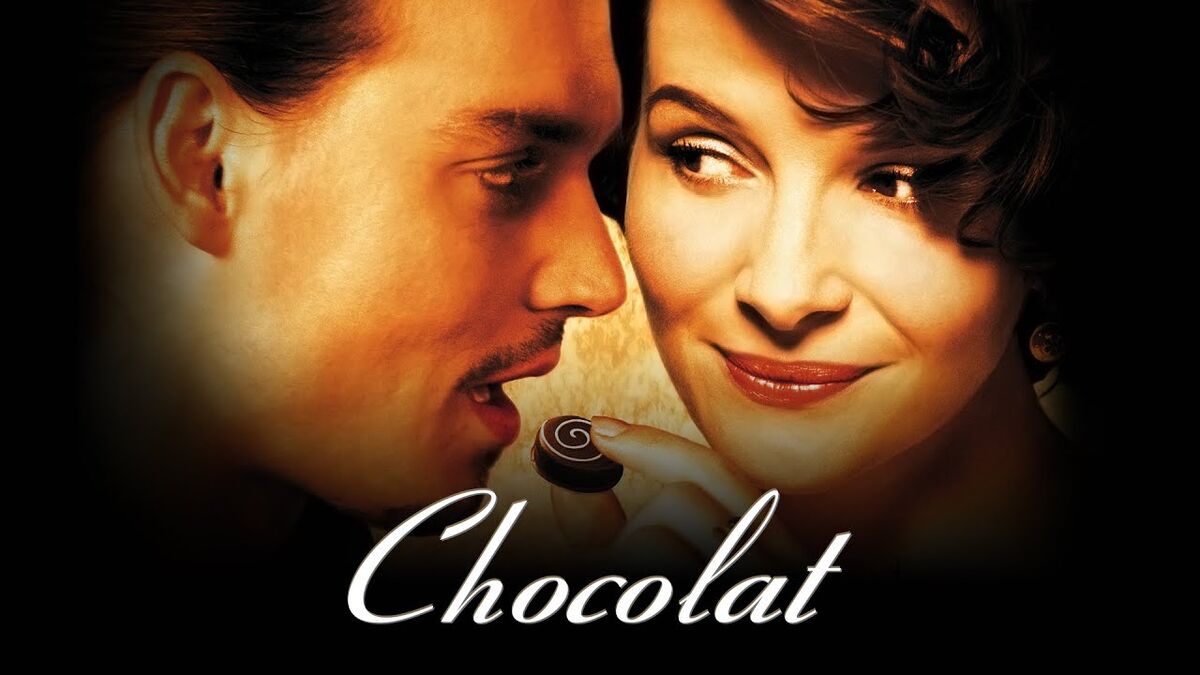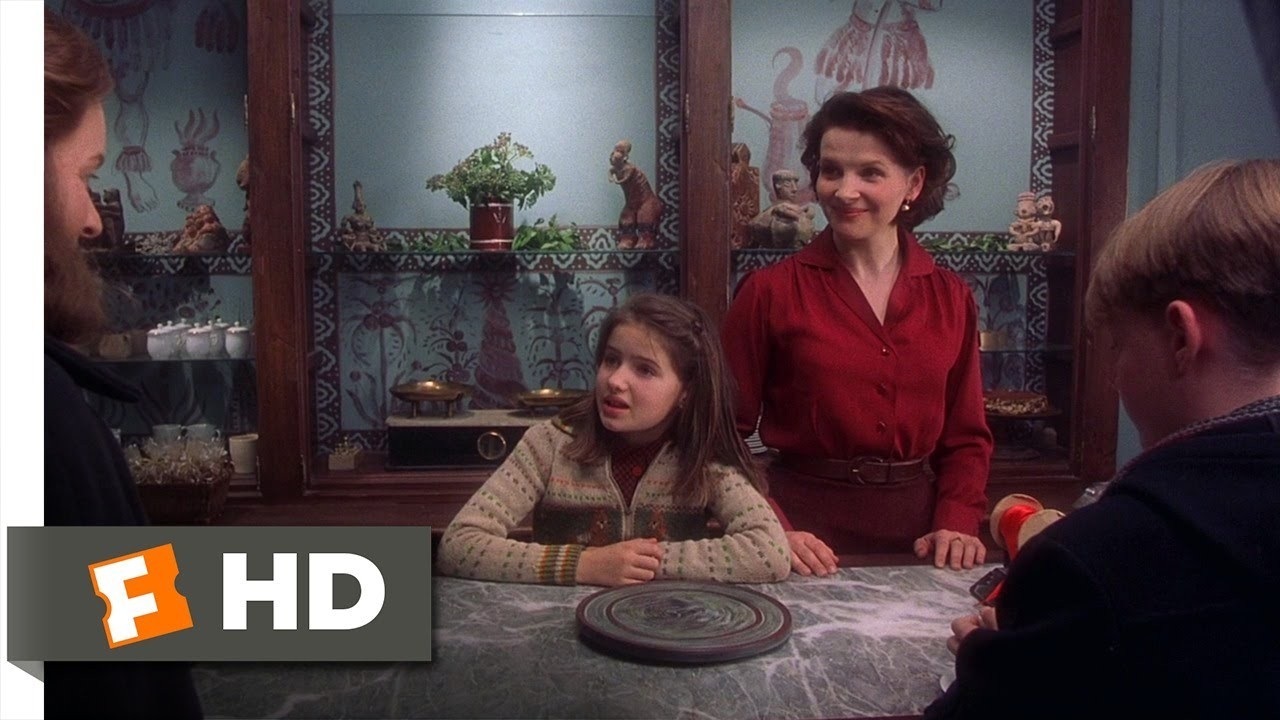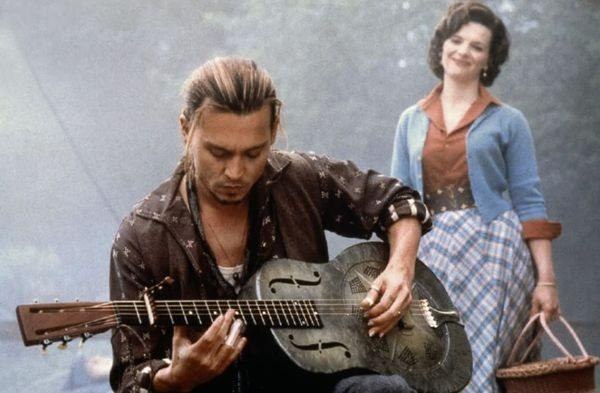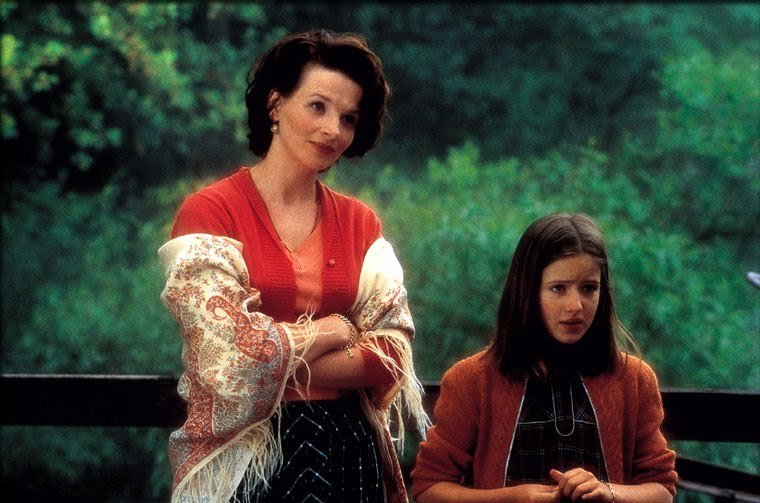Chocolat (2000)

Chocolat (2000), directed by Lasse Hallström, is a heartwarming psychological and romantic drama based on the novel of the same name by Joanne Harris. Set in a small French village, the film tells the story of a woman named Vianne Rocher, played by Juliette Binoche, who opens a chocolate shop that changes the lives of the villagers. The movie explores themes of love, acceptance, and the power of kindness, all wrapped in the warmth of delicious chocolate.
The story of Chocolat begins when Vianne Rocher, along with her young daughter Anouk, moves into a conservative French village. She opens a chocolate shop in the town square, much to the dismay of the local authorities, especially the village mayor, Count de Reynaud (Alfred Molina). As Vianne’s chocolates begin to win over the villagers, she challenges the rigid, traditional lifestyle of the town and its inhabitants. The film portrays how Vianne’s love and her chocolates bring people together, encourage personal growth, and create change in a place that has long been steeped in old customs.
At its core, Chocolat is about transformation. Vianne’s arrival in the village represents change – both for the people around her and for herself. Through her warmth and unconventional spirit, she brings out the hidden desires and struggles of the townspeople, inspiring them to step out of their comfort zones. Her interactions with various characters, including the strict mayor and the lonely musician Roux (Johnny Depp), reveal how change, though often difficult, can lead to personal liberation and newfound happiness.

The characters in Chocolat are rich and multi-dimensional, each with their own personal journey. Juliette Binoche delivers a charming performance as Vianne, capturing her free-spirited nature and her hidden vulnerabilities. Johnny Depp’s portrayal of Roux, a traveling river pirate with a mysterious past, adds an element of intrigue and romance. The supporting cast, including Judi Dench and Alfred Molina, adds depth and texture to the narrative, with each character undergoing their own personal transformation throughout the film.

Lasse Hallström’s direction creates a warm, inviting atmosphere that perfectly matches the tone of the film. The visuals are rich with color, particularly the scenes involving Vianne’s chocolate shop, where the vibrant hues evoke feelings of comfort and indulgence. Hallström masterfully contrasts the old-world charm of the village with the more modern and free-spirited nature of Vianne, using these visual cues to emphasize the central conflict between tradition and change. The film’s pacing and tone also allow for both humorous and deeply emotional moments to coexist, creating a truly engaging viewing experience.

In conclusion, Chocolat is a beautiful exploration of love, community, and the power of change. Through its charming performances, vibrant visuals, and touching storyline, the film leaves a lasting impression on its viewers. It teaches that sometimes, a little sweetness can be the key to opening hearts and creating positive change. Ultimately, Chocolat reminds us that love and kindness can transform even the most stubborn of hearts, making it a timeless and heartwarming tale.










